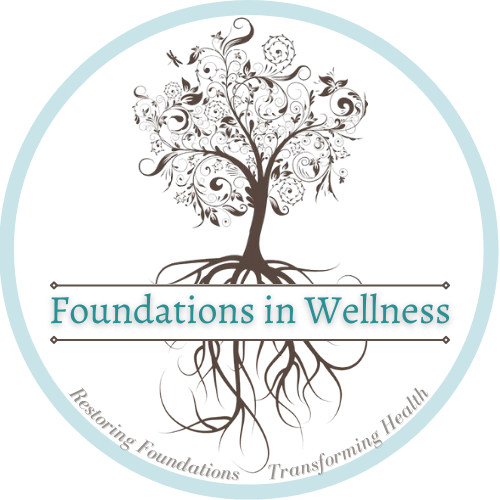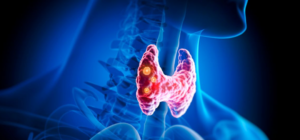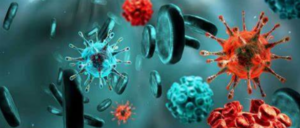Blog
Introduction The vagus nerve is a vital part of the parasympathetic nervous system, commonly referred to as the “rest and digest” system. Its extensive influence over both physical and mental health functions includes regulating heart rate, digestive processes, and mood balance. Given its pivotal role, maintaining the health of the vagus nerve is crucial for…
Read MoreIntroduction The vagus nerve, a pivotal component of the parasympathetic nervous system, plays a crucial role in managing the body’s rest and digest functions. Its extensive influence on bodily functions—including digestion, heart rate regulation, and mood stabilization—makes it a key focus for anyone interested in improving both mental and gut health. Optimizing the function of…
Read MoreExploring the Vagus Nerve: Key to the Gut-Brain Connection and Overall Health Introduction to the Gut-Brain Axis The gut-brain axis represents one of the most fascinating areas in modern medical research, illuminating the complex interactions between our digestive system and brain. This bidirectional communication pathway is mediated by a network of neurons, hormones, and immune…
Read MoreIntroduction Our overall health is significantly influenced by the health of our gut, or the gastrointestinal tract. More than just a digestion center, the gut houses trillions of microorganisms known collectively as the microbiome. These microorganisms play a pivotal role in not only maintaining our digestive and immune systems but are crucial for our overall…
Read MoreIntroduction Every day, we consume products that we believe are beneficial or at least harmless to our health. Unfortunately, many common items such as toothpaste, artificial sweeteners, sugar, cereal, and even fruit juice contain hidden toxins that can adversely affect our health. Understanding these hidden dangers is essential for making informed decisions about what we…
Read MoreIntroduction Antibodies, or immunoglobulins, are critical proteins produced by the immune system that help protect us from infections by identifying, targeting, and neutralizing foreign substances such as bacteria, viruses, and other pathogens. Given their essential role in immune defense, understanding the different types of antibodies, their functions, and the factors that influence their production is…
Read MoreIntroduction Thyroid disease affects an estimated 20 million Americans, with a particularly high incidence among women. Despite its prevalence, thyroid disorders often remain underdiagnosed due to the subtlety and variability of the initial symptoms. Many individuals dismiss these early warning signs as merely effects of aging, stress, or lifestyle changes. However, recognizing the signs of…
Read MoreIntroduction In an era marked by rapid industrialization and technological advancement, our daily environments are increasingly saturated with a myriad of toxins. This modern challenge is stark; we find ourselves constantly bombarded by harmful chemicals from every direction. Although the idea of opting for a life far removed from these conveniences—living self-sufficiently and growing our…
Read MoreIntroduction Millions of people worldwide are battling autoimmune diseases, many without even realizing it. Autoimmune diseases represent one of modern medicine’s most puzzling challenges, often eluding clear diagnosis and comprehensive understanding. The medical community frequently struggles to pinpoint the causes and accurately diagnose these conditions, leaving patients with complex, non-specific symptoms often told they are…
Read MoreIntroduction In our daily routines, many of us use various personal care products—from toothpaste and shampoo to makeup and deodorant—often without considering their contents. These products are marketed to enhance our appearance, smell, and health, such as by protecting our skin from the sun or moisturizing our hair. However, many of these everyday items contain…
Read More





